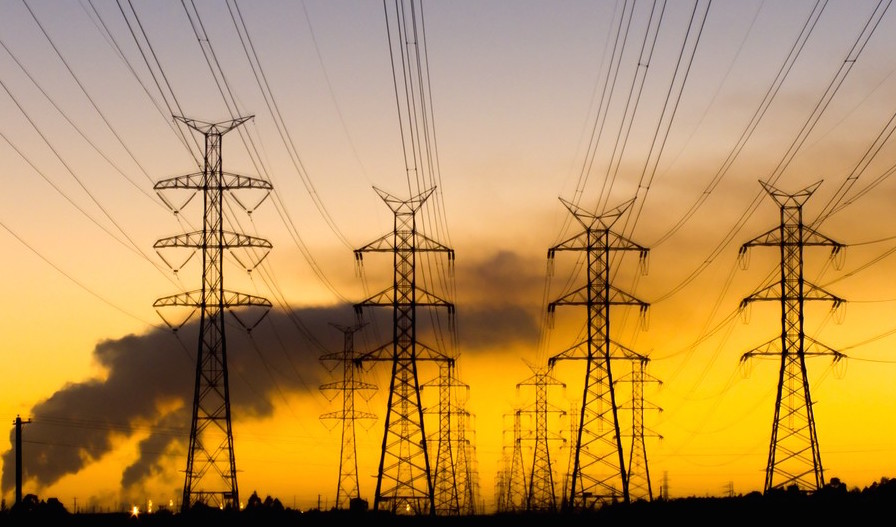- Electricity Workers Threaten to Shut Power, Demand Sack of MD
Electricity workers yesterday in Abuja threatened to shut down power, unless the Federal Government sacks the Transmission Company of Nigeria’s (TCN) Managing Director, Usman Mohammed.
The workers, under the auspices of the Senior Staff Association of Electricity and Allied Companies (SSAEAC), are accusing Mohammed of high handedness and anti-labour practices.
The union threatened to ground the entire power structure, if the government refused to heed its advice to relief the managing director of his appointment.
The workers’ threat followed the alleged administrative irregularities and high handedness of the Mohammed-led management.
TCN emerged from the defunct National Electric Power Authority (NEPA), following the merger of the Transmission and Operations sectors on April 1, 2004.
TCN represents one of the 18 unbundled business units under the Power Holding Company of Nigeria (PHCN) and was issued a transmission licence on July, 1, 2006.
The development prompted workers of the organisation to picket the TCN premise where they disrupted vehicular and commercial activities for several hours.
The workers, who spoke through SSAEAC’s General Secretary, Umar Abubakar, accused Mohammed of allegedly flouting most of the administrative procedures, which they claimed were inimical to their welfare.
According to them, the MD allegedly single handedly conducted examinations for staff due for promotion without recourse to input from other management staff.
They alleged that the MD had defaulted in remitting taxes to the Federal Inland Revenue Service (FIRS), a development that also led to the sealing of the organisation even before the workers staged their protest.
The workers also claimed the MD had hijacked some funds provided by the World Bank for projects in the power sector, including his alleged interference in union activities by his attempt to polarise the union.
They also alleged that the MD cleared a large consignment of electrical materials from foreign donors at the ports but failed to deliver same to the warehouse of the organisation for proper accountability, before distribution to the relevant sections.
The protesters said efforts by the Minister of Labour and Employment, Sen. Chris Ngige and his counterpart in the Ministry of Power, Works and Housing, Babatunde Fashola, to intervene in the matter, proved abortive as Mohammed failed to turn up in several meetings.
“Our grievances stem from the fact that the MD on his own handled the promotion exercise and started to conduct it in his own way through the aid of consultants that to us is not the ideal process.” the angry worker said.

 Forex2 weeks ago
Forex2 weeks ago


 Naira2 weeks ago
Naira2 weeks ago
 Billionaire Watch1 week ago
Billionaire Watch1 week ago
 Company News4 weeks ago
Company News4 weeks ago




 Naira2 weeks ago
Naira2 weeks ago




 Naira1 week ago
Naira1 week ago




 Naira4 weeks ago
Naira4 weeks ago
 Nigerian Exchange Limited4 weeks ago
Nigerian Exchange Limited4 weeks ago






















